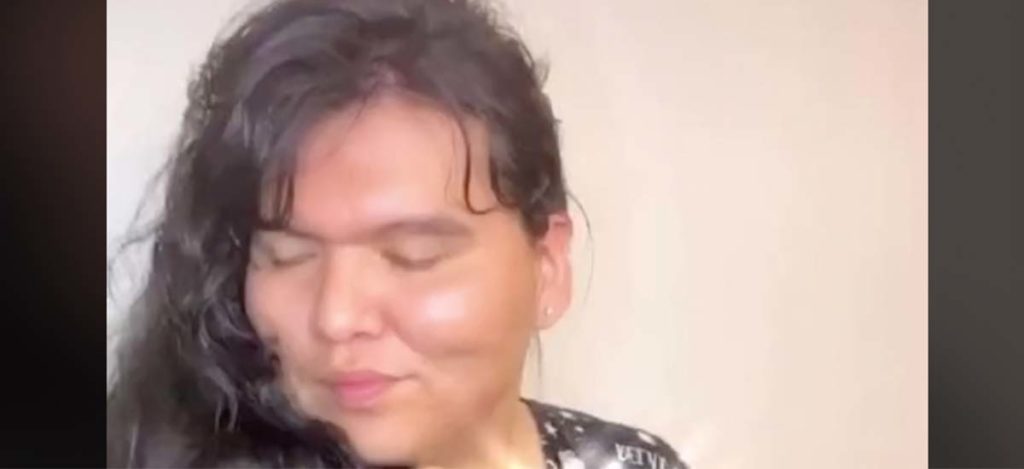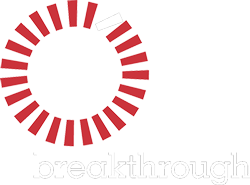
VIDEO: Connecting with my ancestors showed me that healing is possible, even in a pandemic
By Charlie Amáyá Scott
I have been seeing a therapist on and off since 2009. The first two that I had were terrible and unsupportive. In 2016, I decided to try group therapy, which was the best decision I made. The therapist was this amazing Black woman, who acknowledged my lived experiences and would hold me accountable. She also was the first to recognize that I had depression and OCD.
With her help, I began to feel like I was healing. It was also during this time that I became more devoted to my own cultural healing practices; burning cedar, adding traditional foods to my diet, and learning my language at my own pace. Between 2016 and 2019, I learned to love myself more and develop healthier culturally relevant coping mechanisms with stress.
Yet, in November of this past year, I was re-diagnosed with depression and acute stress disorder due to the loss of my grandfather and being sexually assaulted. I hated myself. I disassociated frequently and refused to eat for most days.
Five months later, and I feel like my old self again, yet also someone new. I went back to group therapy and decided to engage with individual Eye Movement Desensitization and Reprocessing (or EMDR) therapy sessions. I also asked my mom to organize a two-day ceremony because I felt I needed the help of my own ancestors and traditional practices.
I am proud to share that I am in the process of healing and loving myself more than before. I will admit that I am fortunate to have had and continue to have the space to heal and figure myself out, and I want the same for everyone.
With the guidance and wisdom of my ancestors and that of a supportive group of friends, my mother, and sister, I feel and know I am a better person than before. I share my mental health narrative to highlight that healing is possible, and it is beautiful.
Charlie A. Scott (Diné) is a non-binary Indigenous femme who is a doctoral student at the University of Denver studying higher education.
